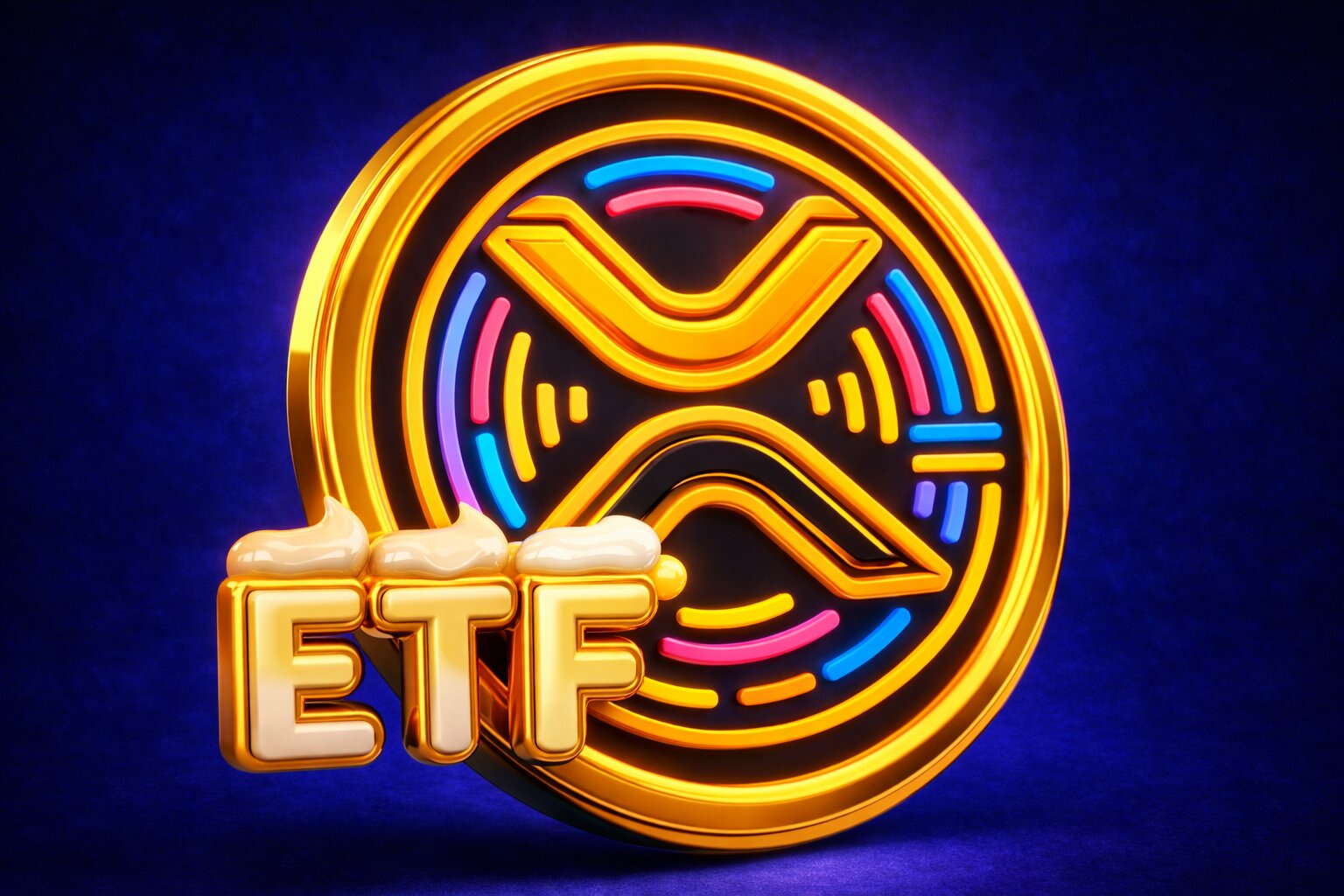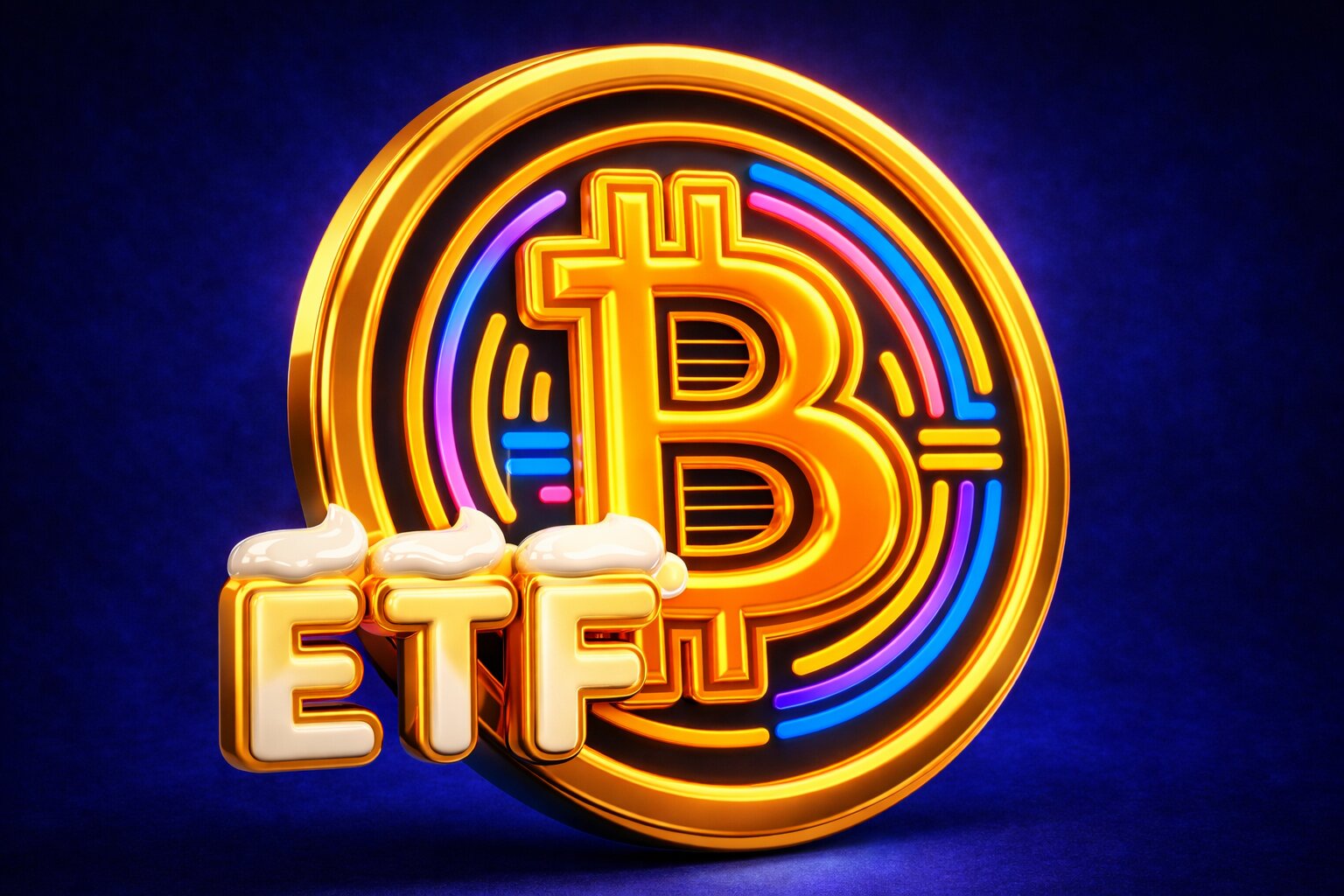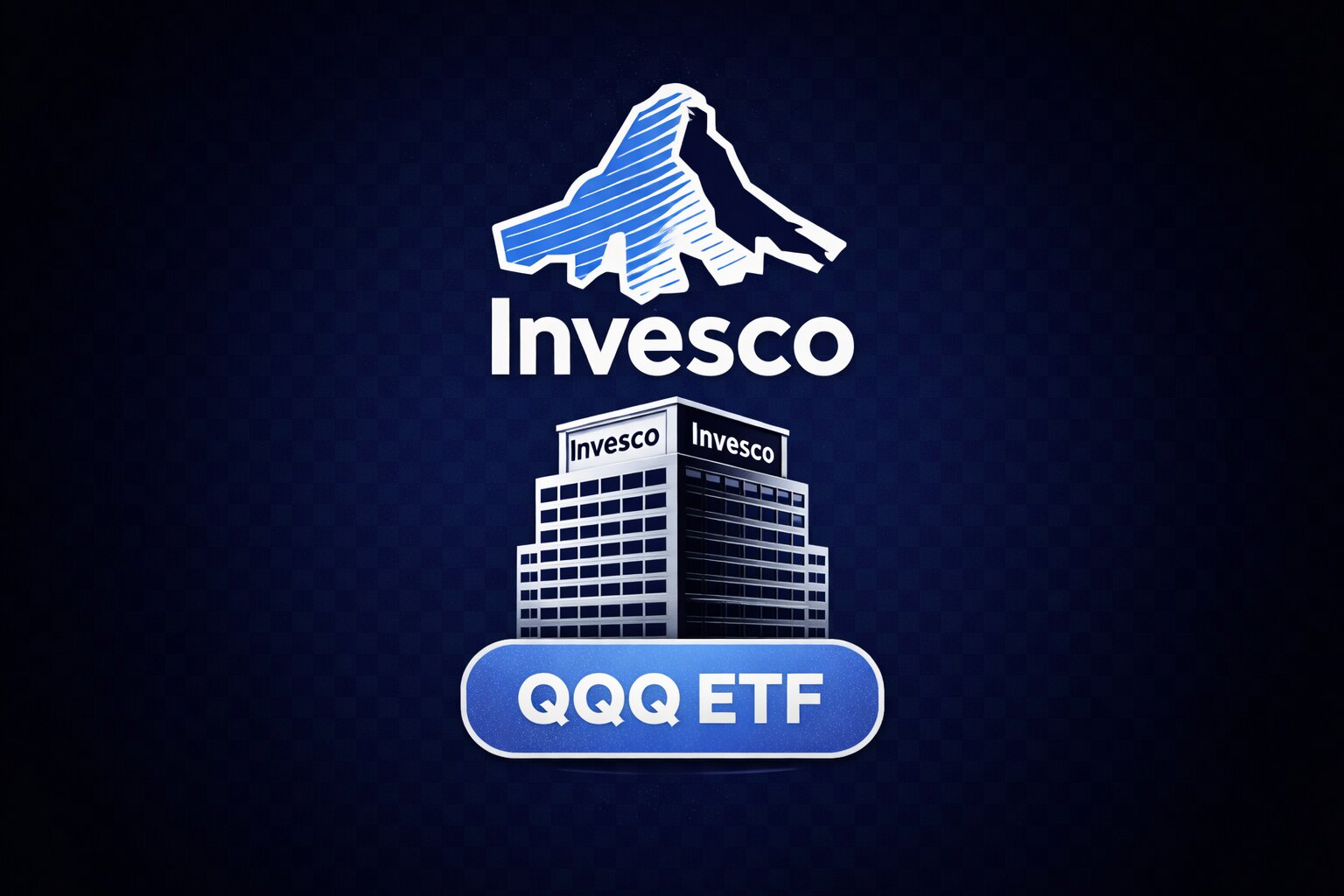
Iran-Israel TradingNEWS Tensions on Global Markets and Cryptocurrency Stability
Delving into the consequences of geopolitical conflicts on financial markets, with a special focus on Bitcoin's volatility and investor strategies in uncertain times | That's TradingNEWS
Analyzing the Impact of Geopolitical Tensions on Global Markets: The Case of Iran, Israel, and Bitcoin
Geopolitical Tensions Escalate
On a recent Saturday night, tensions between Iran and Israel reached a new peak, with Iran initiating attacks against Israeli territories. This military aggression comes amid an already volatile relationship between the two nations, especially since the Gaza war began in October. Israel successfully neutralized 99% of the 300 identified threats, showcasing significant defense capabilities. Despite this, Iran declared the conclusion of its operations, leaving the geopolitical landscape charged and uncertain.
Global Market Reactions
The geopolitical unrest had immediate repercussions on global financial markets, particularly affecting cryptocurrencies. Bitcoin, often seen as a digital haven in times of turmoil, surprisingly fell by more than 7% following the news of the attack. Although it later recouped some of its losses, the digital currency closed the day down by 4.6%.
Bitcoin's Price Volatility
Bitcoin's reaction underscores its sensitivity to global events, contradicting the oft-held belief that cryptocurrencies act as safe havens. Initially plunging below the key support level of $64,500, Bitcoin's price movements mirrored the escalating tensions, showing how geopolitical risks can lead to increased volatility across asset classes.
U.S. and Global Diplomatic Responses
In response to the attacks, U.S. President Joe Biden condemned Iran's actions, labeling them as "unprecedented." He advocated for a coordinated diplomatic effort among the G7 nations to address the escalation. This stance reflects the broader international concern over the stability in the Middle East and its global economic implications.
Investor Sentiment and Market Strategy
Investors and market analysts are closely monitoring the developments. The potential for further escalation could significantly impact market stability and investor confidence, particularly in regions directly affected by these tensions.
Cryptocurrency Markets Under Scrutiny
As the situation unfolded, cryptocurrency markets were among the first to react due to the decentralized nature of these assets. This immediate response highlights the unique position of cryptocurrency markets in global finance, reacting swiftly to international events outside traditional market hours.
Increased Market Liquidity and Speculation
The weekend saw significant activity in cryptocurrency trading, reflecting the market's rapid response to geopolitical developments. This activity was characterized by heavy liquidations, with Coinglass data indicating about $1.5 billion of bullish crypto wagers were liquidated, marking one of the most substantial liquidations in recent months.
Broader Market Impacts
The ripple effects of the Iran-Israel conflict were not confined to cryptocurrencies. Global stock markets, particularly in the Middle East, experienced downturns. Israel's equities oscillated throughout the day, ultimately closing slightly lower, underscoring the pervasive anxiety influencing global financial markets.
Future Market Projections
The ongoing situation poses significant risks for future market stability. The potential for further military actions or diplomatic tensions could continue to disrupt not only regional markets but also global economic dynamics. Investors are advised to remain vigilant, keeping an eye on further geopolitical developments and their potential impacts on various asset classes, including cryptocurrencies and equities.
Conclusion
The recent escalation between Iran and Israel serves as a critical reminder of how geopolitical tensions can influence global markets, from traditional equities to emerging assets like cryptocurrencies. As the situation develops, market participants must carefully consider the implications of such conflicts on investment strategies and market stability. Investors should prepare for possible volatility and consider diversification to mitigate potential risks associated with geopolitical unrest.
That's TradingNEWS
Read More
-
QQQ ETF Price Forecast - QQQ at $600.91: Nasdaq Growth Weighs Jobs Shock, High Yields and AI Productivity
12.02.2026 · TradingNEWS ArchiveStocks
-
XRPI And XRPR ETF Prices Lag At $7.74 And $11.44 While $1.23B XRP ETF Flows Test A Weak $1.38 Spot
12.02.2026 · TradingNEWS ArchiveCrypto
-
Gold Price Forecast: XAU/USD Guards $5,000 as Wall Street Maps Run Toward $6,100–$7,200
12.02.2026 · TradingNEWS ArchiveCommodities
-
EUR/USD Price Forecast: Can the Euro Clear 1.1900 as Dollar Momentum Fades Below 97?
12.02.2026 · TradingNEWS ArchiveForex


















